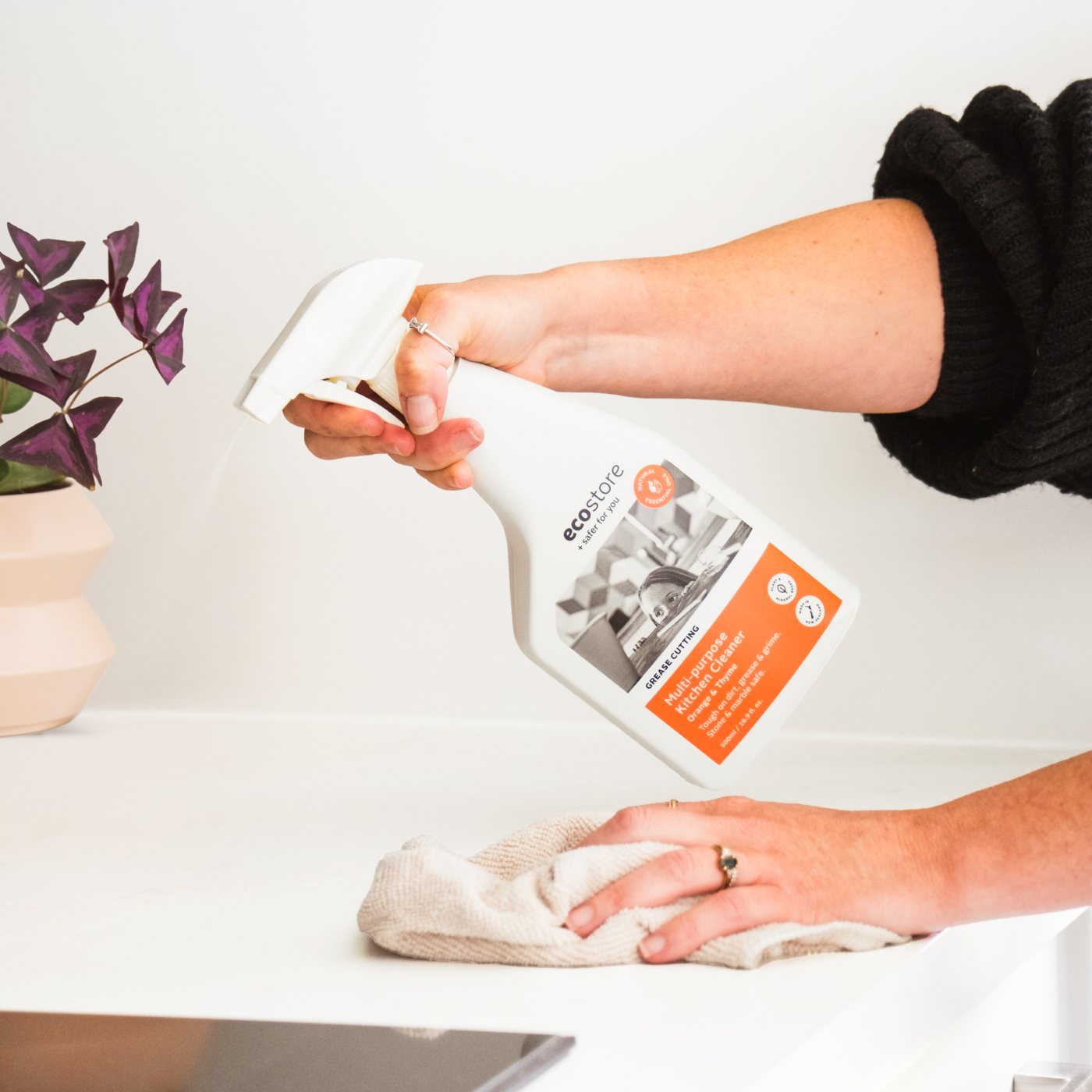Just as each child has their own personality and character traits, how they approach homework will differ too. Some will take to it and do it with no fuss. Others will do it but make sure the whole house knows about it, and others will avoid doing it at all costs.
As parents, riding the fine line between ensuring kids put effort into their education and turning homework into a battle can be tricky. As a parent of five I’ve made plenty of mistakes on how to manage homework with our kids. A bonus of having five kids is you get plenty of chances to investigate, change your behaviour and try new strategies to come up with an approach that works! Kids are great teachers too, so listening to your kids and spending time watching how they best learn and study is key to helping them care more about their homework and creating a good work ethic.
Here are three strategies that helped our kids:
Role model
You can talk to kids as much as you like but they are keen observers of their parents' behaviour. If you are known to leave key work projects to the last minute and end up stressed and frazzled in the days leading up to the due date but get the project done on time, they will notice this. If you use a calendar and put all key events in it and refer to it regularly, they will notice it too.
With so many of us working from home, if we work with our phone next to us, letting it interrupt us with dings and bells every few minutes, we are showing kids that you can work this way. The key takeout is that we need to be role modelling the behaviour we want our kids to have when it comes to approaching their homework.
Scaffolding
As kids move from primary school to secondary school it is easy to assume that they will know how to manage their workload and develop effective study habits. While schools do provide some instruction on this, for most kids there’s a big gap between what they know to do and what they need to be doing when it comes to homework at this level.
Scaffolding from parents to show kids how to plan, approach and complete homework and study is very often needed.
Scaffolding is a supportive framework that lets students feel comfortable taking the next step in their learning. Teachers gradually release responsibility to the child so that ‘the expert fades from the learning situation as the novice masters the necessary skills within meaningful activities’ (Callison, 2001, p. 2). {Source}
Scaffolding doesn’t mean doing homework for kids but it means giving them the skills, tools and/or templates to be able to manage the process and their workload. For example if a child has an assignment that forms a major part of their assessment for that subject and it is the first time they have done something like this, working with them on how they approach it will provide much needed scaffolding. The scaffolding might look like:
Have the child print out the rubric – this is the set of criteria for marking the assignment and most likely your child would have been given one. It outlines exactly what is expected for the assignment, lets kids know how important each section is and sets the formatting standards etc.
Break the assignment down into key work tasks - breaking down big assignments into smaller tasks can make it seem less overwhelming and therefore more doable to the child. The breakdown could be this simple:
- Research topic online
- Research topic in books
- Gather required images
- Write bibliography
- Write first draft
- Proofread first draft and make changes
- Send the second draft to parents for feedback - feedback from parents isn’t to redo the assignment for the child. It is to check that they have met the requirements of the rubric. Circle grammar and spelling errors that they can self-correct.
- Action feedback and complete final draft
- Submit assignment
Discuss with your child how much time each task will need - note that almost all kids will underestimate how long it will take to do each task, so help them be realistic about how long tasks will take.
Have the child plan out when the tasks will be completed - taking into account extra-curricular activities, general activities, family and social commitments, and work out when they will do the work. Encourage them to have the work completed at least two days before the due date so they have some slippage.
Monitor progress - the key here is not to monitor the actual work they are doing but that they are working on tasks as needed and progressing with their assignment. If they are falling behind, bring them back to their plan and ask them how they can get back on track.
Then the next time your child gets an assignment they can use this same process to manage their workload on their own. You may need to provide scaffolding for a range of firsts for your child - first oral presentation, first set of exams etc. Scaffolding has the end goal of working with kids to bring them to the next level. By helping your child set good practices in year 7, they can build on that through the years to become fully independent with their homework.
Focusing on progress, not results
Every child has a different ability level. Focusing purely on the outcome of their work can be damaging to their work ethic if they are trying very hard and putting in the work but the results don’t come. If for example, your child followed the above plan to tackle an assignment but received a poor mark and you express disappointment to your child, they may feel it isn’t worth putting the effort in and may choose to do less when the next assignment comes around.
It’s important to acknowledge the work put in by your child and then look at what the academic gaps are and how they can work on improving them. The results are not ignored as they are excellent indicators of areas where work is needed. But they can be managed in a way that you can still let your child know they did work hard, and they did try.
What approaches have you found effective to help kids and teenagers care about homework, and create a good work ethic?
-----
Nicole Avery is a Melbourne mum to five beautiful kids aged 11 to 21. She is the master organiser behind the popular parenting blog Planning With Kids and the author of a book by the same name, where she shares tips and tricks for organising the chaos of family life. She is also the founder of Adapt Drinks - non-alcoholic, zero sugar, lightly flavoured, carbonated drinks filled with adaptogenic herbs to help you adapt to life stressors.
Read more

Five years ago, that title alone might have scared me off. When you’re younger, your whole life seems to revolve around your social life and your friendships are easy to maintain when you see them ...

Kick off your morning with these protein-packed pancakes! With only three simple ingredients, they come together in minutes - a blender does most of the work. These are fabulous made with a pea or ...






